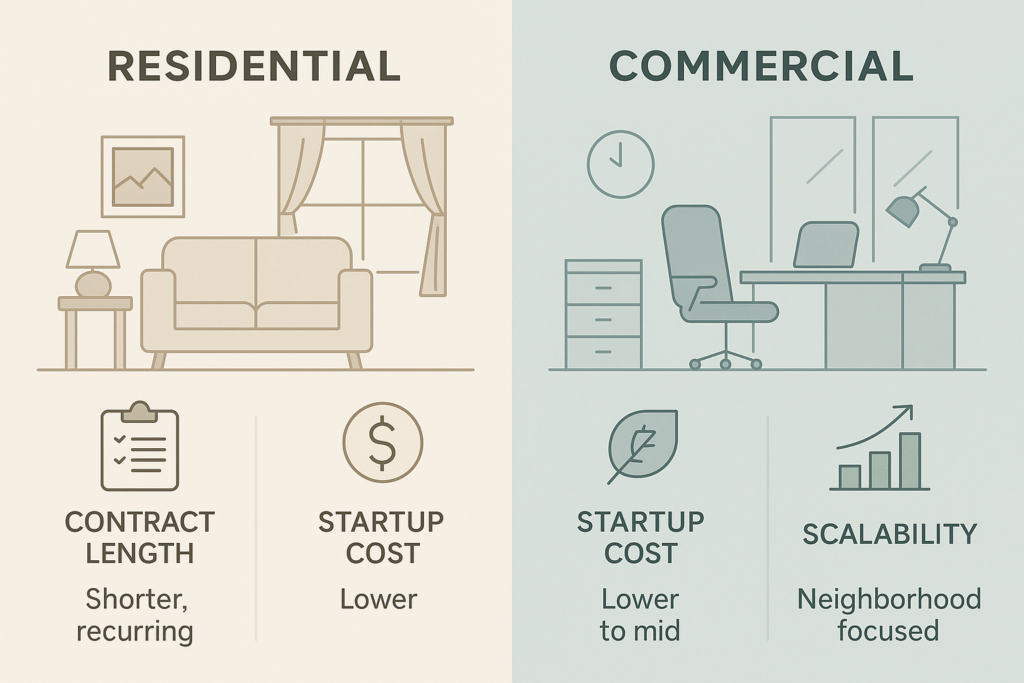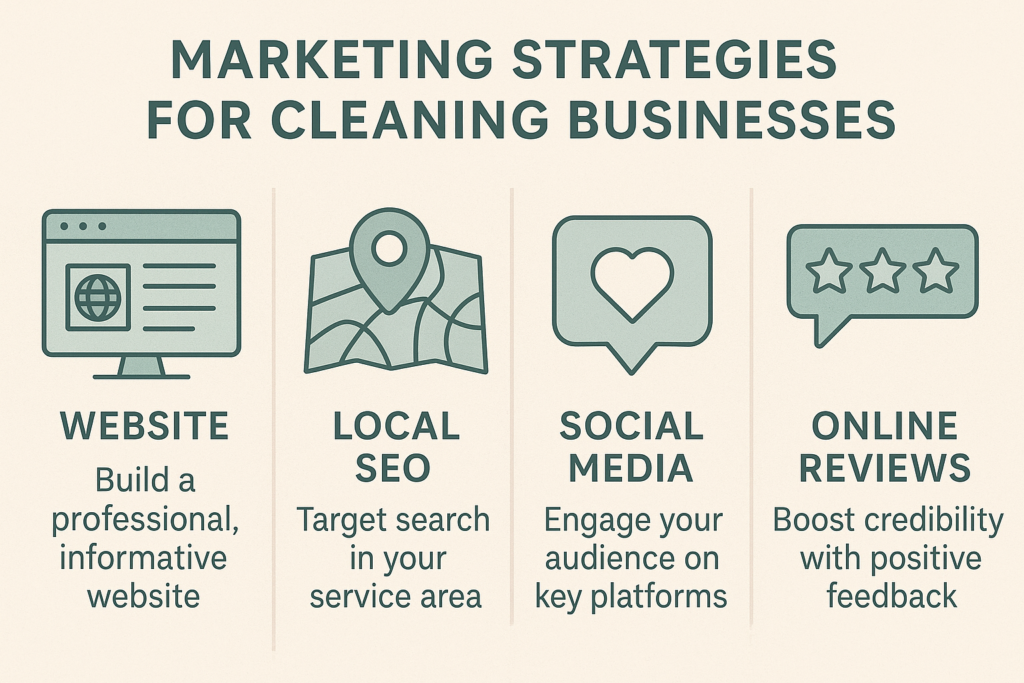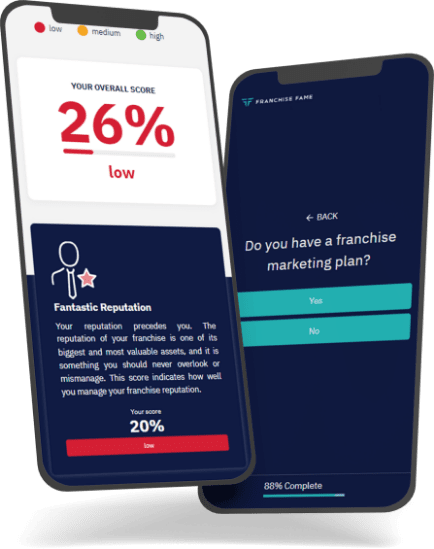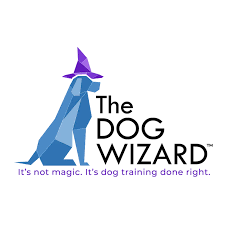Many aspiring business owners assume franchising requires a six-figure investment. In 2026, however, low-cost cleaning franchises under $50,000 continue to attract first-time entrepreneurs. These models combine affordability, quick setup, and the reliability of recurring contracts. Ready to learn more? Keep reading below.
In this article:
- Why Cleaning Franchises Are Ideal for New Investors
- Startup Costs Breakdown
- Built-In Customers and Recurring Income
- Comparing Residential vs. Commercial Cleaning Franchises
- Franchise ROI and Payback Period
- What to Look For in a Cleaning Company Franchise
- Cleaning Market Trends for 2026
- Green Cleaning as a Competitive Advantage
- Training, Support, and Scalability
- Contract Cleaning and B2B Growth
- Conclusion
Why Cleaning Franchises Are Ideal for New Investors
Unlike restaurants or retail, cleaning franchises don’t rely on heavy inventory or expensive premise build-outs. They operate on mobile or home-based models, which reduces risk and overhead. Popular systems like Corvus Janitorial Systems and 360clean are known for their turnkey cleaning business setups that include training, supplies, and client acquisition support.

Startup Costs Breakdown
A typical entry-level cleaning franchise includes:
- Franchise fee: $2,000–$20,000
- Equipment and supplies: $5,000–$10,000
- Working capital: $10,000–$20,000
- Total investment: under $50,000
For comparison, food-service franchises often require $200,000–$500,000 (and sometimes more), making cleaning franchises an attractive low-cost franchise option with quicker payback.
Built-In Customers and Recurring Income
Many systems provide a built-in customer base or guaranteed contracts during the launch phase. For example, CleanNet and Jani-King assign clients directly to new franchisees, thus eliminating the hardest part of business: lead generation.
Recurring monthly contracts from offices, retail stores, and healthcare clients provide predictable revenue and the ability to scale gradually.
Comparing Residential vs. Commercial Cleaning Franchises

| Feature | Residential | Commercial |
| Client Size | Small/Medium | Medium/Large |
| Contract Length | Shorter, recurring | Longer-term, contract-based |
| Startup Cost | Lower ($9,900–$110,989) | Lower to mid ($14,999–$90,670) |
| Growth Model | Neighborhood focused | B2B, scalable |
| Support | Local marketing, basic systems | Built-in clients, training |
Franchise ROI and Payback Period
Low-cost cleaning franchises often generate positive cash flow within the first year. Average net margins can reach 20% to 30%, and many franchisees recover their investment in under 18 months.
Because the model is service-based, franchise ROI depends more on contract volume than geography. This poses a distinct advantage in smaller markets such as Ohio or Arizona.
What to Look For in a Cleaning Company Franchise
Here are some factors to consider when researching cleaning franchise opportunities:
- Built-in client base: Does the franchisor actively generate leads or contracts? Image One and similar brands excel in helping franchisees ramp up quickly.
- Training and support: Reliable franchises offer onboarding, technical training, and business coaching.
- Market adaptability: Brands that offer both commercial and residential options or specialized cleaning services can weather industry shifts.
Cleaning Market Trends for 2026
Several market factors strengthen the sector’s appeal:
- Sustainable cleaning: Consumers prioritize eco-friendly solutions. Green cleaning franchises using biodegradable products continue to grow.
- Hybrid services: Many businesses now combine janitorial and disinfection contracts post-2020.
- Tech integration: Automated scheduling, mobile payments, and artificial intelligence (AI-) based route management improve efficiency.
- Franchise scalability: Multi-unit franchise ownership is increasing as operators expand regionally.
Green Cleaning as a Competitive Advantage
Eco-friendly services have become a competitive differentiator even at lower investment levels. Brands like EcoMaids and Maid Brigade show how small franchises can stand out through sustainable cleaning methods. This approach appeals to environmentally conscious customers and can support higher contract pricing.
Training, Support, and Scalability
Top low-cost cleaning franchises offer extensive support and training, including:
- Marketing materials and lead generation systems
- Operational and equipment training
- Local advertising and online visibility programs
Systems like Buildingstars also provide scalable ownership tiers, enabling single-unit owners to transition into multi-unit management over time.

Contract Cleaning and B2B Growth
Commercial cleaning remains the fastest-growing subcategory in 2026. Businesses require consistent cleaning for compliance and employee wellness. By targeting recurring B2B contracts, franchisees can stabilize revenue and scale faster than residential-only operators.

Conclusion
For entrepreneurs seeking low-cost, high-ROI franchise opportunities, cleaning systems remain a standout choice in 2026. With startup costs under $50,000, built-in support, and scalable contracts, they deliver real-world returns without the heavy risks of other industries.
Ready to explore active listings on the US cleaning franchise marketplace? Discover accessible, profitable brands ready for new owners.







